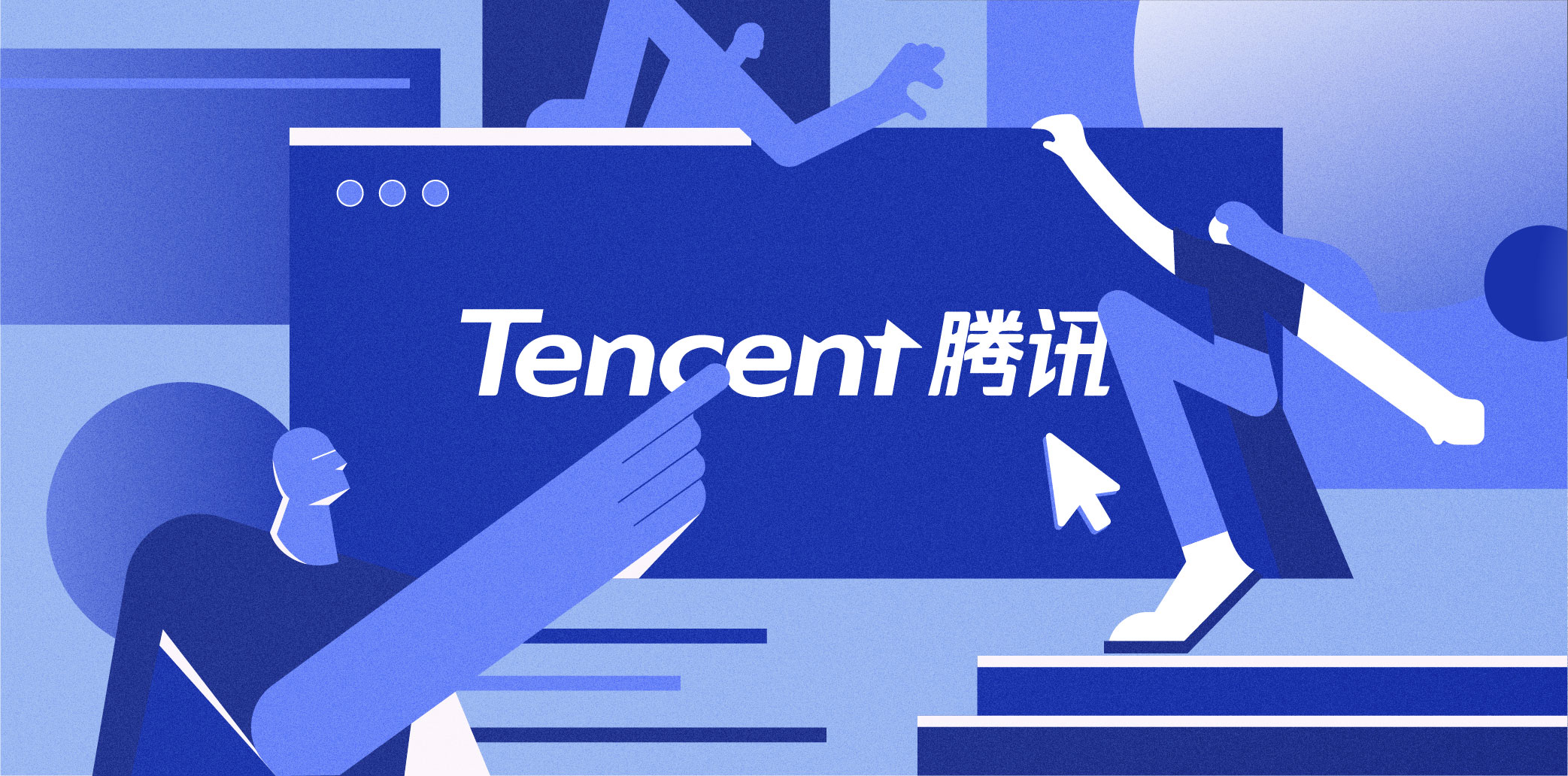China’s tech sector watchdog may require Tencent and ByteDance to open content access to search engines like Baidu, according to Bloomberg. The move would dismantle more of major tech companies’ “walled gardens” and reshape the country’s online advertising ecosystem.
The Ministry of Industry and Information Technology (MIIT) is mulling over the details of the new rules, Bloomberg reported by quoting unnamed sources. Millions, even billions, of articles published by the WeChat official accounts, which function roughly like Facebook pages, will be indexed by search engines like Baidu if the regulation passes. Short videos on ByteDance’s Douyin would also be included in search results.
To fend off competitors and lock users within their respective ecosystems, China’s internet giants have often blocked each other’s content and links to rival platforms. WeChat’s built-in search aggregator can carry out web and in-app searches, but it blocked search engines from accessing its WeChat articles. Tencent’s acquisition of Sogou is set to improve the company’s search business.
Douyin’s search function is limited to content within its app.
This is another step in Beijing’s move to abolish anti-competitive business practices in the tech sector. Last month, various platforms of Tencent and Alibaba partially opened up to each other and integrated rival payment services under orders of the MIIT.
If the MIIT’s rules for making content on Tencent and ByteDance’s platforms searchable by external parties come into play, web advertising will be completely reshaped.
WeChat official accounts give brands a way to gain followers, publish targeted content, and send marketing notifications to a core set of potential customers. Meanwhile, Douyin has evolved into a go-to promotion platform for many brands, thanks to its massive user base and hugely popular viral videos.
If targeted content and ads on WeChat and Douyin lose their original traits of focused distribution, then users and ad revenues may be diverted to other platforms that have lower advertising costs.
At the moment, Tencent’s major rival Alibaba is also pressuring WeChat to relax its link-sharing restrictions. As we approach the annual Singles’ Day shopping festival that takes place in November, Alibaba is testing new sharing functions where users will be able to showcase their Taobao shopping cart with one click.
For now, Taobao doesn’t accept WeChat payments.
An MIIT spokesperson said more rules will be issued in the near future, as the ministry aims to foster a much more competitive business environment for tech companies.
